No official celebrations but….Africa Day gains traction
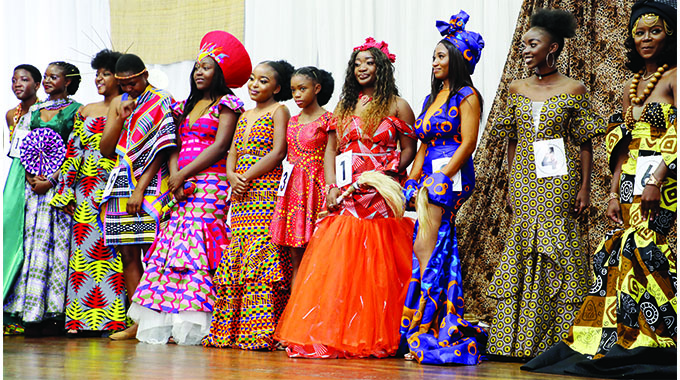
Chronicle Writers
When Africa’s forefathers formed the Organisation of African Unity, now African Union (AU), 60 years ago, they had a broad and inclusive generational dream anchored on inculcating a Pan-African spirit across the continent.
Fast forward to today, with the grand sight surpassing the test of time, Africa’s identity, values and resilience continue to gain collective significance, including on the streets of Bulawayo and other parts of the country.
This year’s Africa Day celebrations were held under the theme, “Accelerating the implementation of the African Continental Free Trade Area to bring greater prosperity to the continent.”

While there were no officially planned festivities to mark Africa Day in the city, individual businesses, organisations, ministries, agencies, and families yesterday joined the rest of the continent in celebrating the holiday in their own unique ways.
Information, Publicity and Broadcasting Services Minister Monica Mutsvangwa said Africa Day is important for the continent and in line with the aspirations of founding fathers there is a need to increase intercontinental trade.
“The founding fathers knew what it means to be united in Africa, to be working and ensure that we progress as a continent and become a big market and this is why it is important to access African countries in terms of transport whether airlines or other modes of transport,” said Minister Mutsvangwa.
“We don’t need to go to Europe to get to Ghana. You don’t need to fly to Europe when you want to visit West Africa. There is a need to have a free flow of information that will certainly increase internal trade.
There is no reason why Democratic Republic of Congo will need to import water from Europe and other countries when it can get it within the continent. So, these are the things that we want as Africa.”
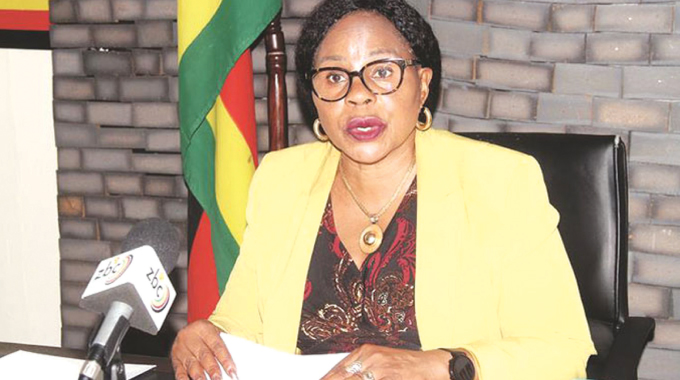
Minister Monica Mutsvangwa
She said it is not just Zimbabwe and the African continent that must commemorate Africa Day but all nations that respect the sovereignty of the continent.
“It’s a day which we have to be proud of as Africans. A day which all the countries in the continent should commemorate and other progressive nations should commemorate together with us. It is important to know who we are and respect our own values and principles as a continent. It is a very important day to our country,” she said.
In Bulawayo, a city regarded as fashion savvy, designers and tailors rode on the day, with a number of them churning out exquisite fabrics and designs.
Chronicle yesterday interacted with some of the designers and tailors who spoke about the significance of the day.
“There are various styles that are easily identified with each country and Zimbabwe is one of them. From traditional attire to modernised African-inspired dashikis (shirts) and dresses, various print designs, the range of African textiles have an influence on the fashion industry,” said Mrs Ruth Nkomo, who has been in the industry since 1990.
She said now that Zimbabwe has a national dress, it was high time other African countries adopted it.
“We have a beautiful fabric that we can use to make stunning designs that we as Zimbabweans can proudly wear. This can influence other countries as well. It’s about time that we as Zimbabweans promoted our national dress,” she said.
Mrs Nkomo said most designers’ outfits are influenced by various African cultures to the extent that the country has adopted the way Nigerians dress terming it African attire.
“African fashion consists of vibrant colours, with prominent and at times, clashing prints with tribal influenced patterns,” said Mrs Nkomo who works with her two sons, Nkosikhona and Procter, whom she has groomed.
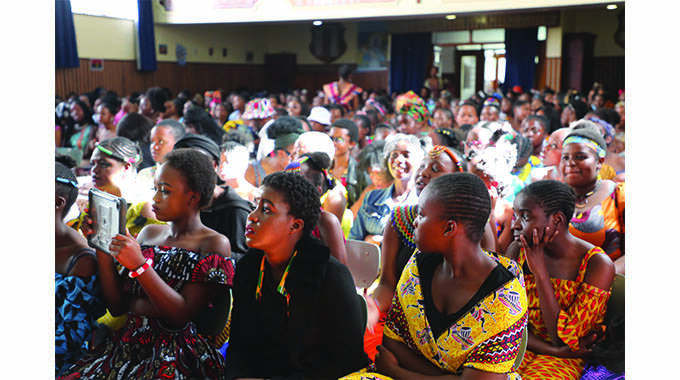
She said for Africa Day, most of her clients were drawn from schools which are tasked with imparting knowledge about the continent.
“The most dominant fabric in Africa, which is used to create traditional attire is the Ankara. It is mostly sourced from West Africa. We do get other material from countries such as Zambia, Tanzania, Botswana and South Africa,” said Nkosikhona, 28, who noted that he mostly focuses on menswear.
In the city centre, some youths said Africa Day was special to them as it taught them about the history of Africa and its unity.
Others stressed how it was a reminder to everyone that as a continent, people had united to fight against sanctions, slavery and colonisation.
“If this day is not celebrated properly, I am afraid we might lose it as a people and end up not seeing its significance. To me, we are supposed to do it properly and ensure that we preserve the culture of our different countries before it is lost because of diffusion,” said one of the youths, Mr Sipho Ncube.
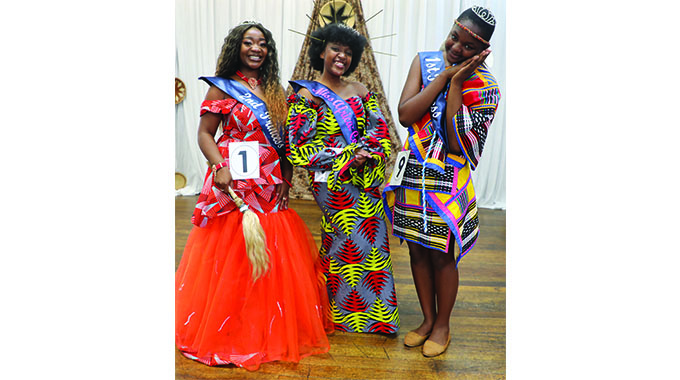
Meanwhile, the Forever Associates Zimbabwe Trust (FAZ) in collaboration with Zanu-PF Bulawayo province yesterday commemorated Africa Day in the city through a roadshow in the city centre, while also unveiling its candidates to residents.
The commemorations were characterised by pomp and fanfare, with all party organs and party affiliates attending the roadshow.
Zanu-PF Politburo member, Colonel (Retired) Tshinga Dube said Zimbabwe should emulate the philosophy and ideas bestowed upon the continent by its forefathers.
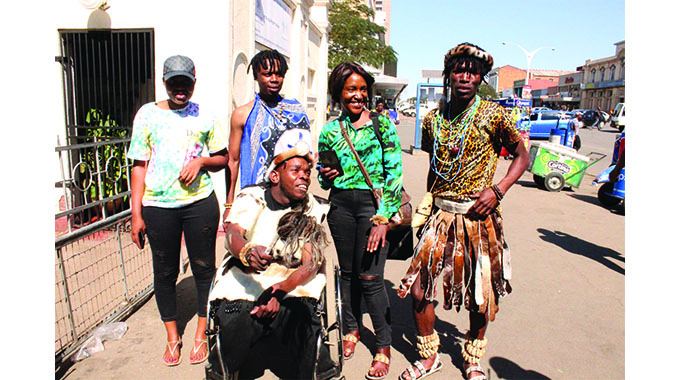
Africa day
“We should anchor and develop the ideas of our forefathers. The galvanisation of Africa must come to an end. We must not accept a separation of nations and people. We as a continent must unite. If we do this, we will achieve a lot and become a powerful continent. Imperialists divided the continent with the hope of conquering but we must not follow this to accomplish their notions. We must think African, walk African, talk African and be proud of being African,” he said.
In a statement, the National Peace and Reconciliation Commission (NPRC) said the Africa Day commemorations are important as they speak to the continent’s shared aspirations of an independent Africa.
“In the history of the African continent, the day will forever be cherished as it marks the commitment of African member states’ key role of liberating the continent. The day symbolises unity and togetherness which commenced with the formation of the OAU which later morphed into the AU which set aside this day for celebration on the African continent,” read the statement.
It called on citizens to embrace unity, peace and reconciliation as vehicles towards attainment of upper middle-income society by 2030 while moving towards the realisation of Agenda 2063 for the African continent.

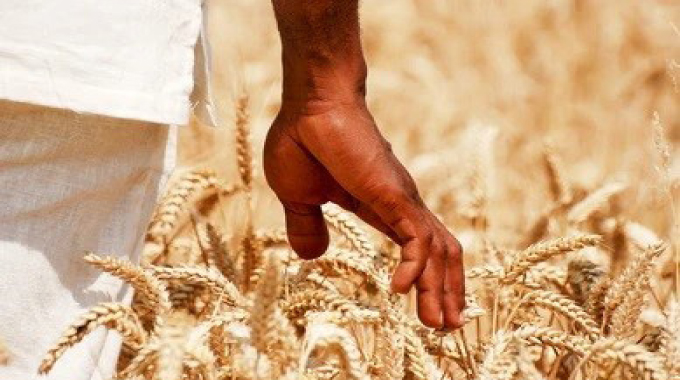

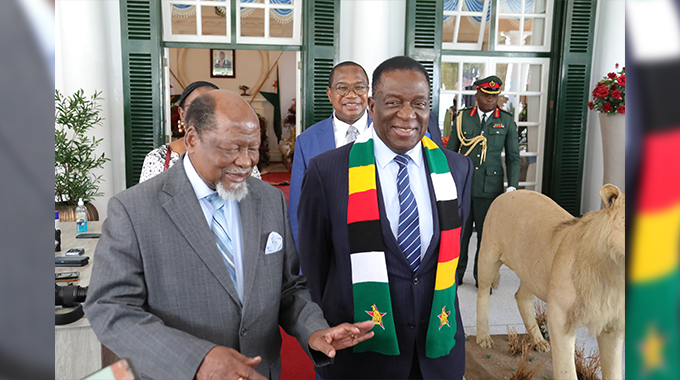
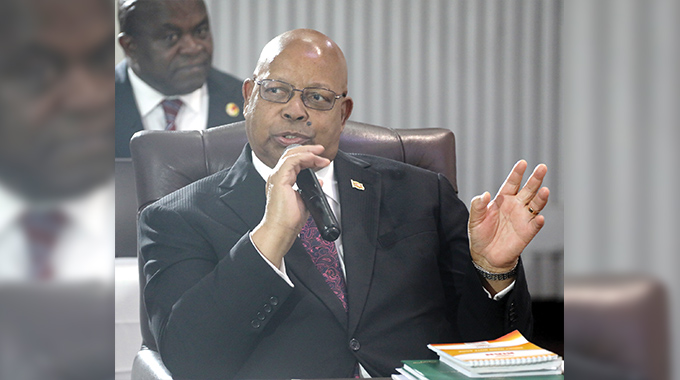
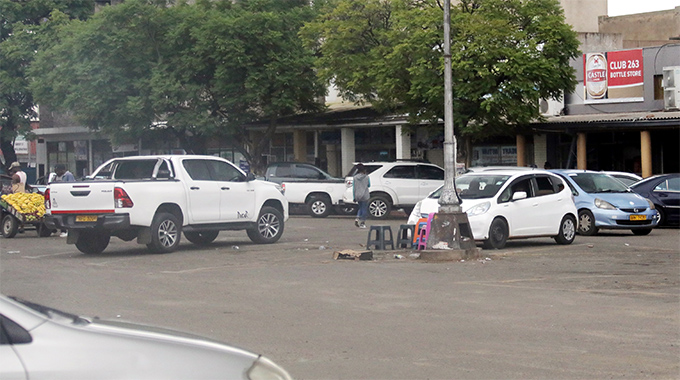






Comments